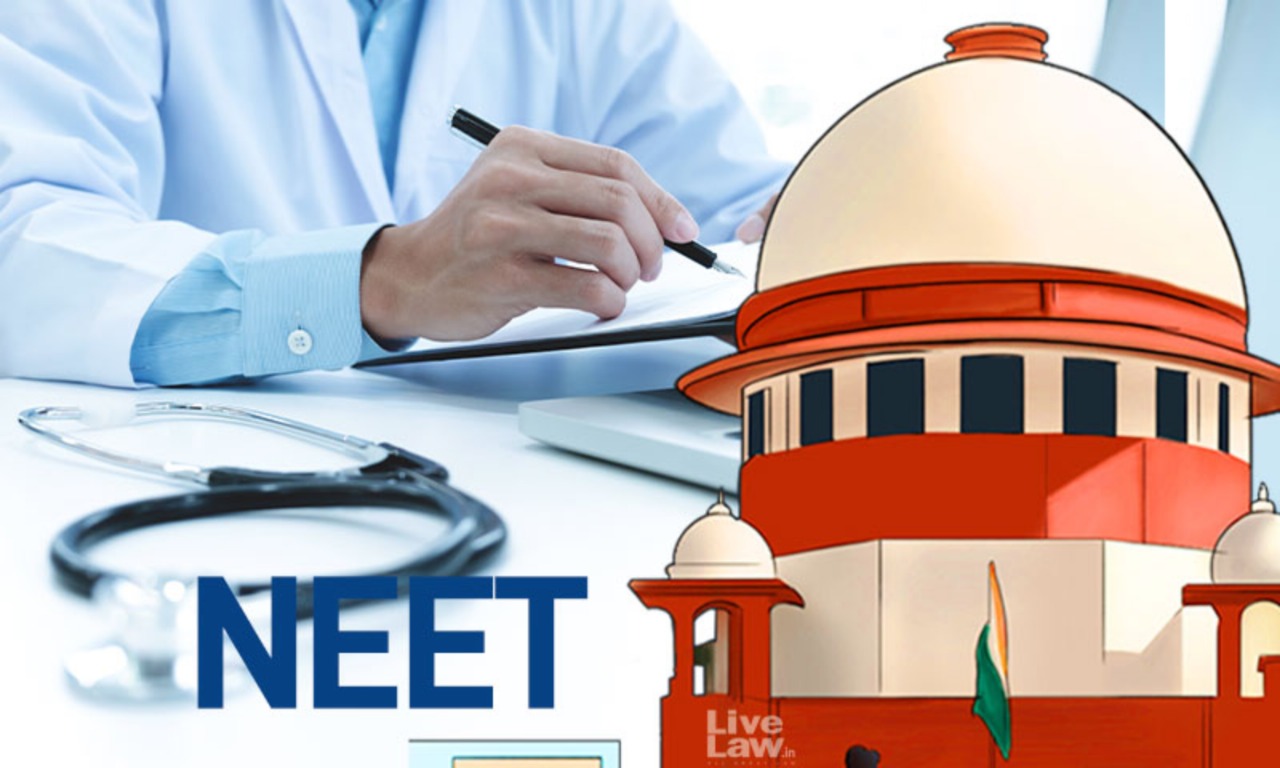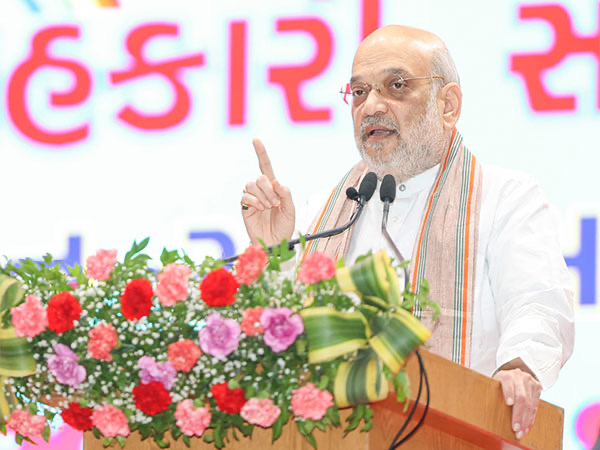
Follow WOWNEWS 24x7 on:
Updated: May 23, 2025 00:19

In a landmark ruling on May 22, 2025, the Supreme Court of India delivered a scathing verdict against the rampant practice of seat-blocking in NEET-PG counselling, declaring that the current system often rewards “chance over merit.” The bench, comprising Justices JB Pardiwala and R Mahadevan, highlighted that seat-blocking—where candidates temporarily accept seats only to abandon them later for preferred options—distorts seat availability and disadvantages higher-ranked aspirants.
Key Highlights
Nationally Synchronized Counselling: The Court mandated a unified counselling calendar to align All India Quota (AIQ) and state rounds, aiming to eliminate overlaps and loopholes exploited for seat-blocking.
Mandatory Fee Transparency: All private and deemed universities must disclose detailed pre-counselling fees—including tuition, hostel, caution deposit, and miscellaneous charges—before admissions begin.
Centralized Fee Regulation: The National Medical Commission (NMC) will establish a centralized framework to regulate and monitor all fee disclosures.
Upgrade Window Post-Round 2: Admitted candidates can now upgrade to better seats after the second round without reopening counselling to new entrants, reducing the incentive for seat-hogging.
Transparency in Results: The National Board of Examinations must publish NEET-PG raw scores, answer keys, and normalization formulae to ensure fairness, especially in multi-shift exams.
Strict Penalties: Offenders face forfeiture of security deposits, disqualification from future NEET-PG exams, and blacklisting of complicit colleges.
Aadhaar-Based Seat Tracking: To prevent multiple seat holdings and misrepresentation, Aadhaar-based tracking will be implemented.
Uniform Conduct Code: States must adopt standardized rules for eligibility, mop-up rounds, seat withdrawal, and grievance redressal.
Annual Audits: The NMC will conduct yearly audits to ensure compliance and fairness in admissions.
The Supreme Court’s sweeping reforms aim to restore integrity and meritocracy to postgraduate medical admissions, addressing systemic flaws and ensuring that deserving candidates are not sidelined by manipulative practices.
Sources: NDTV, Careers360, CollegeDekho



